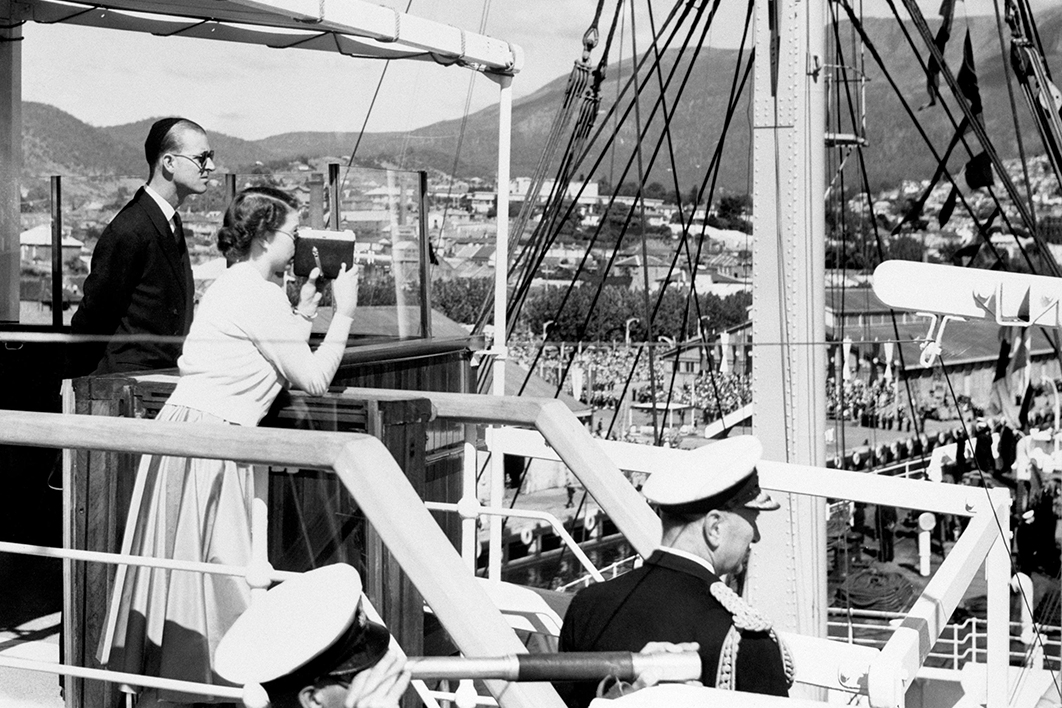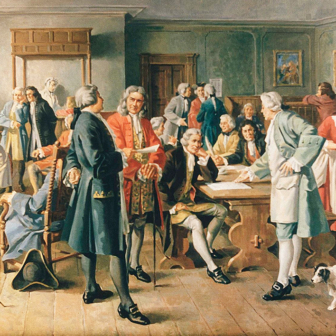One of my earliest childhood memories is of my father waking me on 7 February 1952 to tell me the King was dead. At primary school we were taken to watch the film of Queen Elizabeth’s coronation, and when she toured Australia in early 1954 we stood for hours in the grounds of Hobart’s Government House to grab a glimpse of the royal couple. The history I learnt at school and at university in Tasmania in the 1960s placed inordinate emphasis on the fate of British monarchs.
My enthusiasm for royal pageantry vanished as I became more politically aware. The monarchy, if I thought about it, seemed a relic of a previous world that had no place in a democratic society. When Australia held a referendum on whether to become a republic in 1999, I voted yes enthusiastically, and shared the disappointment at its failure. Today, I would vote yes again, mainly because of the absurdity of having a head of state who is sovereign of a foreign country.
Over the past century large numbers of monarchies have collapsed, including those of major powers such as China, Russia and Germany, and only a few new ones have come into being. This would suggest that the very idea of monarchy is likely to disappear in the face of increasing demands for democratisation.
When he was deposed in Egypt in 1952, King Farouk predicted that there would be five monarchs left at the end of the century: the kings of hearts, diamonds, clubs, spades and England. Although his prediction proved wrong, the twentieth century did see the collapse of monarchies across Europe, and discontent appears to be growing in countries including Spain and Thailand. But many democratic societies have retained monarchical systems, and well-organised supporters of monarchical restoration are active in Romania, Serbia and Georgia.
Monarchies are expensive, extravagant, a remnant of feudalism, bastions of privilege, and symbols of inherited power. On the face of it, they are also deeply antithetic to democratic principles. Yet before we dismiss the institution as a refuge of right-wing fantasies, it’s worth noting that, on balance, constitutional monarchies rank among the most democratic and egalitarian countries: the Scandinavian and Benelux states (Belgium, the Netherlands and Luxembourg) all have hereditary heads of state. In Spain, King Juan Carlos played a crucial role in establishing parliamentary government after the death of Franco in 1975 and the restoration of the monarchy.
More than forty countries retain monarchies in the twenty-first century. With a few exceptions, such as Saudi Arabia and Brunei, absolute monarchs have disappeared, although a number are what I term transitional, with power shared uneasily between hereditary and elected officials. Outside the Arab world the majority of monarchs today wield little power and play a largely symbolic role, representing an apolitical and idealised image of the nation.
Looking at constitutional monarchies across the world gives us a new perspective on our all-too-familiar picture of the British monarchy. The English-speaking world knows relatively little about non-British royals, except when someone from the Anglosphere — such as Grace Kelly in Monaco or Mary Donaldson in Denmark — marries up. But all hereditary rulers share the dilemma summed up by Craig Brown in his excoriating portrait of Princess Margaret: “Born in an age of deference, the Princess was to die in an age of egalitarianism.” After all, if the royals become like everyone else, what is the point of having them? And if they remain aloof, how do they maintain popular support?
Concepts of royalty are deeply embedded in the popular imagination, even in countries that have long ago abolished monarchical rule. Surprising numbers of autocratic states encourage the study of royal history to establish their legitimacy. The Russian Revolution might have seen the bloody assassination of the tsar and his immediate family, but in 2000 the Russian Orthodox Church canonised Nicholas II and his family, and in recent years hundreds of books and films about the Romanovs have been released. In China, the mythical Yellow Emperor, who is claimed to have originated the centralised Chinese state, is invoked by communist leaders to justify Beijing’s control over its extended territory, including Tibet, and its claims for Taiwan.
Why bother, several people asked me when I mentioned I was writing a book about monarchies. Ben Pimlott, the Fabian socialist whose biography of Elizabeth I is perhaps the best book yet written on the modern British monarchy, wrote that his interest in the subject was piqued by the reality that “an institution and a family dismissed by the sophisticated as trivial and irrelevant was nevertheless the subject of fascinated analysis, humour and comment.” Like Pimlott, I was increasingly drawn to exploring an institution that persists in societies as different as Norway, Lesotho and Japan.
I began writing my book intrigued by the possibility that constitutional monarchy might be a bulwark against the worst sort of populist authoritarianism, and curious about whether a study of existing monarchies might help our understanding of contemporary political developments. The apparent triumph of liberal democracy after the collapse of the Berlin Wall and the Soviet Union has given way to a number of regimes that the Hungarian prime minister, Viktor Orbán, terms “illiberal democracies.”
Orbán is one of a number of political rulers who have greatly expanded their constitutional powers to resemble those of absolute monarchs: think of Putin in Russia, Erdoğan in Turkey, Maduro in Venezuela and, although less successful in exerting total control, Bolsonaro in Brazil and Modi in India. Donald Trump was clearly fascinated by such strongmen — and they are all men — but the United States retained sufficient checks to prevent him from emulating them. China’s Xi Jinping , meanwhile, presides over an unapologetic one-party state.
It is striking that none of these “illiberal” countries, democracies or not, is among the constitutional monarchies still in existence. Does this mean that constitutional monarchies are an antidote to the worst excesses of populist politicians? In an era of growing authoritarian and populist leaders, constitutional monarchs, who are perceived as standing above partisan politics, look increasingly attractive. Much as we might deplore the undemocratic nature of monarchy, is it less damaging than illiberal forms of democracy? If we crave bread and circuses, might the perpetuation of royal sagas be less harmful than the fantasies of autocratic rulers?
If a certain sort of authoritarian machismo seems on the rise globally, so too are demands for greater accountability and participation. Despite the Covid-19 pandemic, the year 2020 saw major demonstrations for democratisation in countries as varied as Belarus, Lebanon, Hong Kong and Thailand.
Writing about politics is always fraught; events can change what seemed certainties in the period between writing and publication. Even where it seems entrenched, monarchy needs to reinvent itself to remain relevant; in the course of writing my book, there were major challenges to the King of Thailand, continuing scandals around the royal families of Belgium, Britain and Spain, and political uncertainties in Malaysia that required the intervention of the king. Even in an era of constitutional monarchy, the person who holds the throne can be significant in determining whether the institution survives or crumbles. •
Dennis Altman’s new book, God Save the Queen: The Strange Persistence of Monarchies, is published by Scribe.




